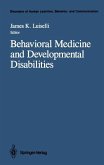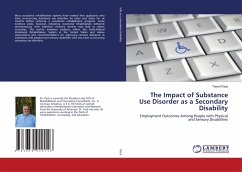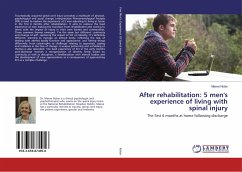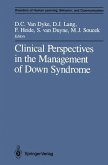Evidence from developmental sciences points to the role of psychological and cognitive factors in youth crime. Deficits in decision-making are hallmarks of adolescence suggesting that young individuals are less blameworthy than adults. Politicians in both the United States and Canada, however, are currently seeking to enact legislation stressing a more punitive approach to juvenile crime. Such harsh measures, moreover, may hinder the psychological health of adolescents and have been argued to be largely ineffective in reducing criminal recidivism. This book explores how developmental science can inform legal decisions involving youth. The book also presents results from a survey assessing opinions of legal and clinical experts regarding the influence of developmental factors on legal desiderata concerning juvenile delinquents. Findings suggest that while the legal community is moderately sensitive to developmental issues associated with youth culpability, the gap between developmental science and the legal system persists. The book outlines the argument for the need of a closer interaction between clinical and legal experts to create an evidence-based developmental law.
Bitte wählen Sie Ihr Anliegen aus.
Rechnungen
Retourenschein anfordern
Bestellstatus
Storno








